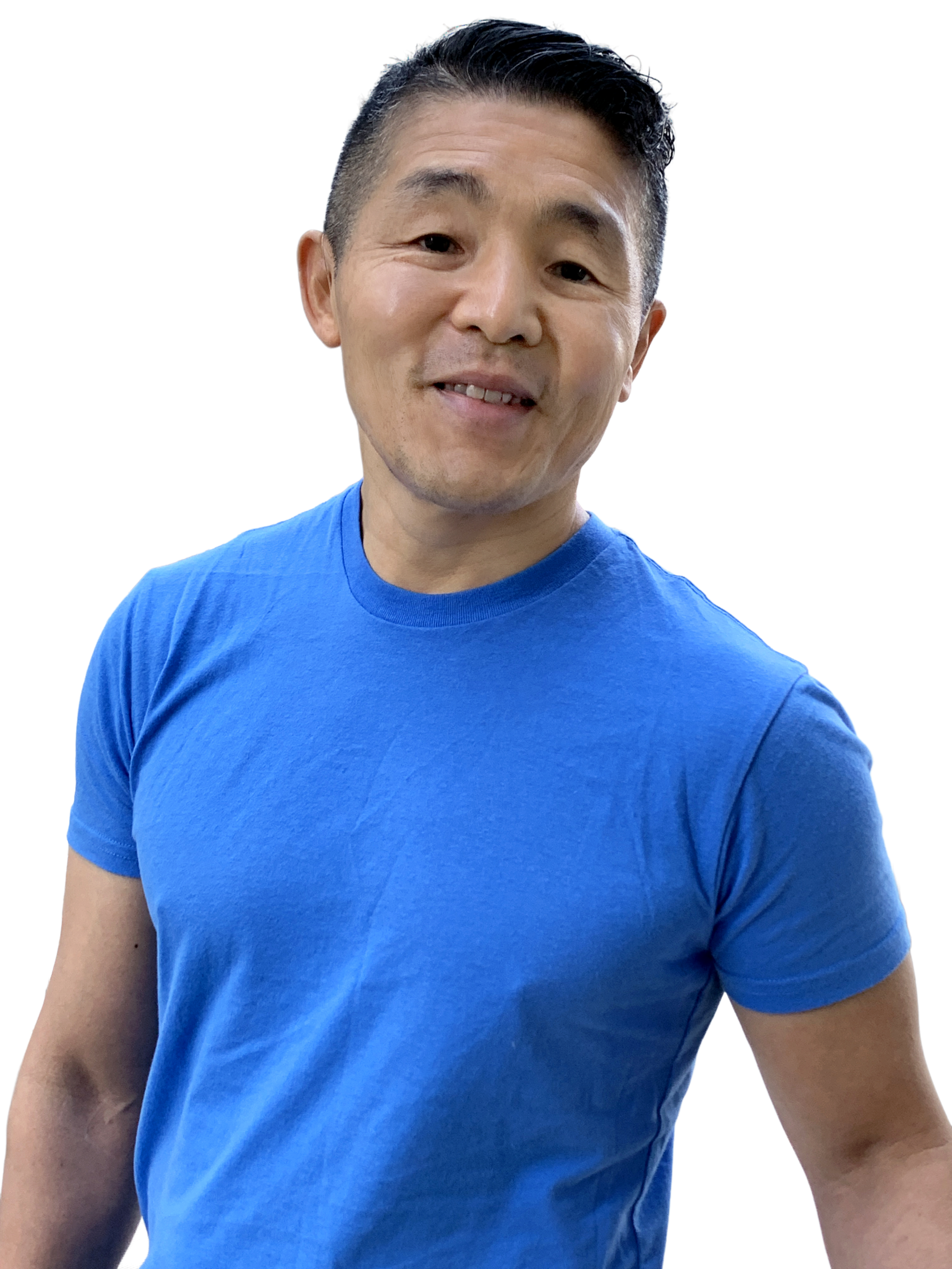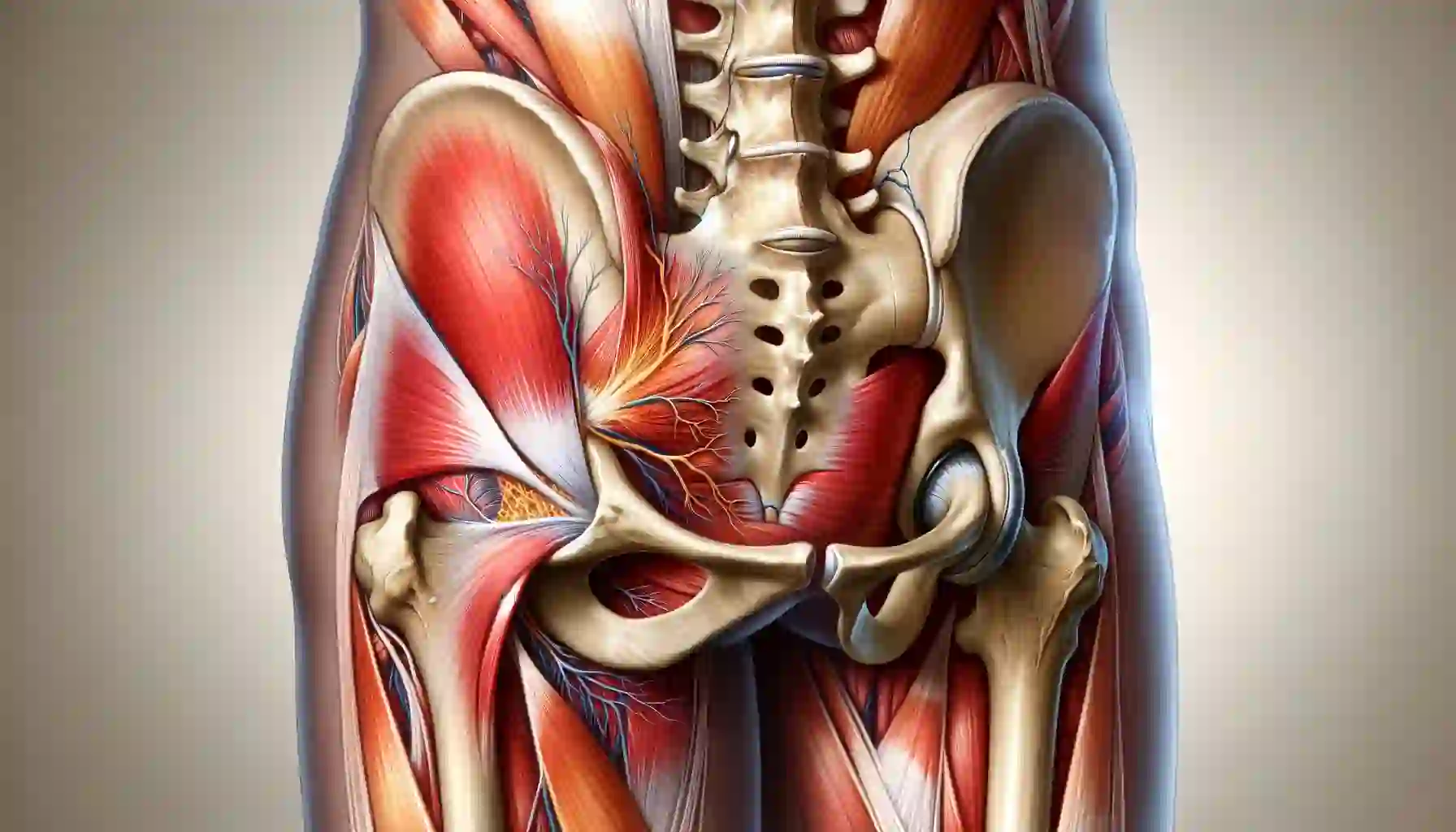Debunking Common Myths About Core Stability Exercises and Lower Back Pain

Core stability exercises have been proven by research to prevent and rehabilitate many types of pain. [1] The problem is many chiropractors and physiotherapists have made assumptions about lumbar stabilization exercises, abdominal recruitment exercises and motor control exercises.
#1 Core Stability Myth

Core Stability and Spinal Stability:
The consensus on the significance of core muscles in supporting spinal stability is well-established.
Research Findings And Core Stability:
The inconsistency in research findings regarding the direct impact of core stability exercises on low back pain. Despite the theoretical link between core strength and spinal stability, research has yet to consistently demonstrate a clear cause-and-effect relationship between the two.
Individual Variation in Low Back Pain And Core Stability
Different individuals may experience low back pain due to a myriad of factors, ranging from disc herniation to psychosocial influences. This underscores the necessity of avoiding a one-size-fits-all approach to core exercises in addressing the diverse needs of patients with low back pain.
Customized Approach To Core Stability
A customized approach to prescribing core stability exercises, tailored to the specific characteristics and underlying causes of each patient’s low back pain, is well-founded. This personalized approach aligns closely with the principles of personalized medicine and acknowledges the nuanced nature of low back pain management.
Research Limitations:
The challenge of many research studies adopting a generalized approach is a pertinent one. By seeking overarching trends or commonalities across populations, such studies may inadvertently overlook the individual variability in responses to interventions.
Here are some core stability exercises that are generally helpful. Remember though these are not customized lower back stability exercises. For customized exercises, you need to see a chiropractor or physiotherapist.
#2 Myth: Timing
Low back pain changes the timing of the muscle firing sequence, but research has not shown this to be the cause of lower back pain.
Traditional core exercises don’t reset the timing of muscles in the core for those with lower back pain.
#3 Myth: Strength
No evidence exists that proves core muscle and endurance predispose a person to lower back pain.
Core muscle strength and its relation to chronic lower back pain are inconclusive.
#4 Myth: Transverse Abdominus
Many chiropractors and physiotherapists still try to activate only the transverse abdominus as their core stability exercise program.
The problem is core muscles don’t work independently during normal movements and there is no evidence that you can activate this muscle in isolation.
#5 Myth Lower Back Pain
Chronic lower back pain while related to muscles of the lower back has increasingly been proven to be related to psychological and psychosocial factors.
Core muscle stability has little to no preventive effect for falls and injuries of the lower back.
Conclusion
While the research has shown that rehabilitation for acute and chronic lower back pain works for most people psychological and psychosocial factors may play a bigger part than we previously gave it credit for especially for those people with previous psychological issues.
I have found first-hand that those who are more stressed in general or worried about their bodies take a longer time to convalesce. Most, however, do get better.
As for the research, I think they will eventually start categorizing people on a regular basis. I think researchers will eventually find that more types of treatment work when the people are correctly categorized to fit their particular type of problem. Treatment that fits the person is crucial.
Photo Credits
- Title Photo: Photo by Darran Shen on Unsplash
- Photo by Bayu Anggara on Unsplash
Research
- Lederman E, The Myth of Core Stability, Journal of Bodywork & Movement Therapies 2010; 14: 84-98
Tell us what you think in the comments below and like us on Facebook. This Toronto Downtown Chiropractor will answer all questions in the comments section








